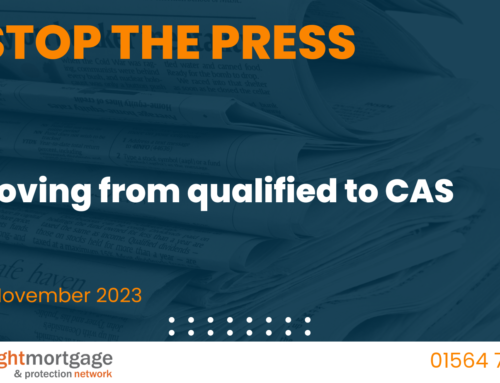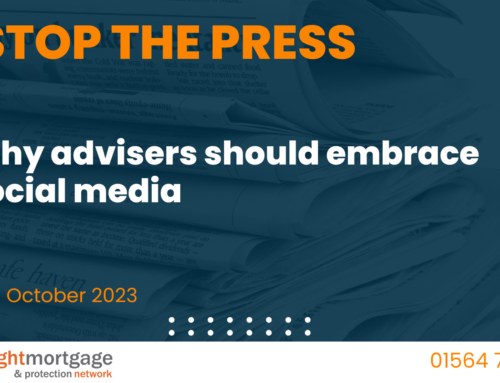by Ross Jackson, Senior Protection Marketing Manager
Imagine looking at your bank balance and realising that the money left wasn’t enough to buy food for dinner tonight. I’m not talking about not having enough to get a takeaway on the way home, or enough to buy some garlic bread to complement the spaghetti bolognese you made last night. I mean so little that you can’t afford to buy a box of value-range cornflakes, let alone the milk to make them palatable.
Unfortunately, this is a reality for many people living in Britain today. Often thrown into a desperate situation through a series of unfortunate circumstances, too many people are finding themselves unable to afford to eat.
The Trussell Trust helped over 1 million people at their food banks in 2014/15 – that’s almost 3,000 people every single day1. And this is just one organisation; there are many more food banks all over the UK whose services are in demand.
And the people needing help may not be those you expect.
Broomhouse food bank in Edinburgh is an independent food bank with charitable status. Set up in late 2012 they help over 1,000 people each year, around 95% of whom are genuinely in need. These might be the ‘working poor’, people on zero-hours contracts or those struggling to find work after a recent redundancy, or because of a long term illness. Certainly not the stereotype you might think. Perhaps most surprising is that most of the people using this service are male and only 30% have families to support.
The food bank hands out emergency food parcels to anyone asking for help. Their GP or social worker may have referred them, or they may have heard about the charity locally and decided to approach the food bank independently. The parcels typically contain food items with a long shelf-life- pasta, tinned meats or stews, UHT milk and cereals – although Broomhouse have built excellent working relationships with the greengrocer next door who supplies some fresh fruit and veg. Each parcel contains enough food to last for a few days. Hopefully enough to see them through to the next payday.
Aware this kind of project can create a dependency on hand-outs, Broomhouse food bank shares its office with other organisations offering services to help individuals get back on their feet again. These services can give advice on rent arrears and debt management, and provide employability services such as CV writing and interview preparation. This holistic approach has been so successful that Edinburgh Council is heralding it as a business model to copy.
Unfortunately, all this success just isn’t tangible.
How do you measure the health and security of an individual, or the improvement in their lifestyle? The food bank’s success stories can’t be measured by graphs and statistics, which makes funding applications difficult and so they continue to rely hugely on public donations. Without the public’s help, these amazing charities wouldn’t be able to help ordinary
working people who have been dealt a bad hand, struggling to make ends meet due to circumstances out with their control.
What this means for you
Until you begin to look at charities like this and initiatives such as the 7 Families campaign, it’s easy to overlook just how close any of us might be to needing their help. And it’s when income protection should really begin to sell itself. If your client has been off work for a long period because of illness or injury, their employer will eventually stop paying them. And then what? According to research, the average UK household is only 29 days away from the breadline2. That’s not long before having to claim benefits to make ends meet. And with the recent welfare cuts, they’re unlikely to cover the cost of all the bills and the weekly food shopping.
Even a small amount of income protection could mean the difference between your client coping and having to ask charities like the Broomhouse food bank for help. You can find details of your Trussell Trust food bank at http://www.trusselltrust.org/map but there may be one closer if you Google ‘food banks’ on the internet. They’re always grateful for help. You can find more information on 7 Families at www.7families.co.uk
Source – 1- The Trussell Trust, October 2015; 2 – Legal and General, Deadline to the Breadline report 2014





